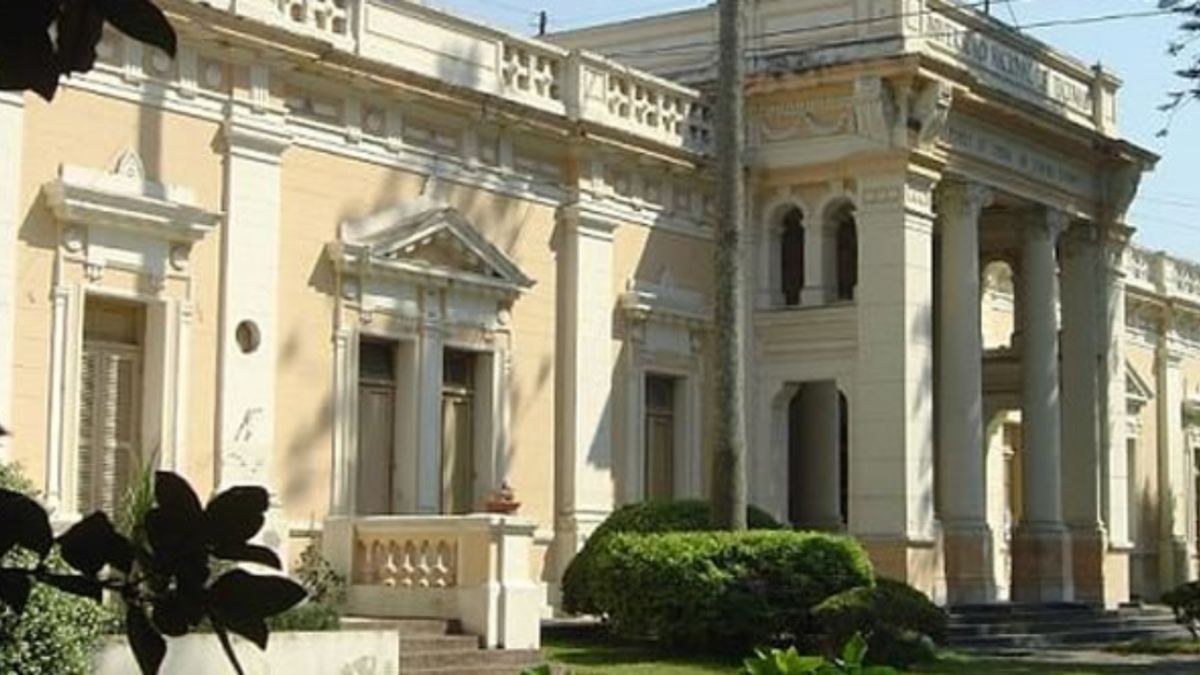Recently, broad sectors of Argentine society have been expressing their disagreement with the adjustment policies carried out by the national government.
The mobilizations of retirees, the marches of university students, the claims of the provinces, and the various protests of users over increases in transportation and public services rates, among others, are based on the negative effects that the adjustment has on the economy and in people’s lives. Meanwhile, the National Congress passed laws to improve the purchasing power of retirement benefits and finance public universities, demonstrating in these cases their responsibility to meet the demands of society. However, these laws received a presidential veto.
Decree 879/24 vetoing the University Financing Law presents a series of arguments that reveal a, in my opinion, wrong way of viewing the economy and fiscal policy. He says: “the economy has clear rules and the first of them is that you cannot spend more than you earn.” This sentence is nothing more than a neoliberal (and libertarian) concept that reduces the analysis to an accounting equation of income and expenses. The economy doesn’t work like that, much less capitalist economies.
As a way to boost growth, and not limit it to the narrow limits of the “free market”, modern economies are based on the promotion of various sectors of the economy (and eventually customs protection, a topic very present in the discussions). in the United States and Canada on Chinese-made electric cars, for example).
But, in addition, the public sector has prerogatives that the private sector does not have: sources of financing such as taxes and eventually the issuance of money and debt, the latter primarily to finance investment or development projects. On the other hand, the constitutional obligation to respond to political logic in the exercise of its management, including respecting the decisions of the other two powers (Legislative and Judicial).
The other argument referred to in Decree 879/24 is: “the purpose of the cited provisions is to limit the discretion of the National Legislative Branch, which must act with institutional wisdom, in a responsible manner, taking care not to issue provisions whose application would be inconvenient for public accounts, or that contradict the projection of income and distribution of expenses provided for in the National Budget.”
In principle, the decree should have referred to the “project” Budget, given that it must be approved by both chambers of Parliament. On the other hand, the reasoning set forth in the DNU is dismantled by simply saying that, according to the Congressional Budget Office, the cost of the University Financing Law is 0.14 points of GDP this year. Therefore, it is not a destabilizing expenditure or anything similar. In any case, it can be easily compensated, for example, it implies a third of what the State will stop collecting annually due to the reform it promoted in Personal Assets.
But the government chose to benefit those who have the most, despite the levels of poverty and inequality known these weeks: poverty at 52.9% in the first half of 2024, and the Gini coefficient at 0.436 in the second quarter. Indec was clear regarding the value of this last coefficient and what it represents: “it shows a significant increase in inequality in the year-on-year comparison.”
The Legislative Branch is not intended to function as a dependent body of the Executive Branch. Their duty is to enact laws to respond to the demands of the people and the provinces. The Executive Branch is the one that would have to carry out and execute this mandate in a concrete way, and present, before Congress, its Government Plan, expressed in the Budget bill.
It should be noted that President Javier Milei did not receive a blank check; he must be open to the dynamic demands that are emerging in the current situation. Parliament has this receptivity due to the variety of political forces that make it up, and due to the diversity that comes from its territorial and sectoral representation. In that aspect, it is the most democratic power of the three that make up the republican system.
Although presidential vetoes are provided for in our National Constitution, if they become habitual they are not good for our democracy.
National Deputy Union for the Homeland. President Solidarity Party
Source: Ambito
I am Pierce Boyd, a driven and ambitious professional working in the news industry. I have been writing for 24 Hours Worlds for over five years, specializing in sports section coverage. During my tenure at the publication, I have built an impressive portfolio of articles that has earned me a reputation as an experienced journalist and content creator.




